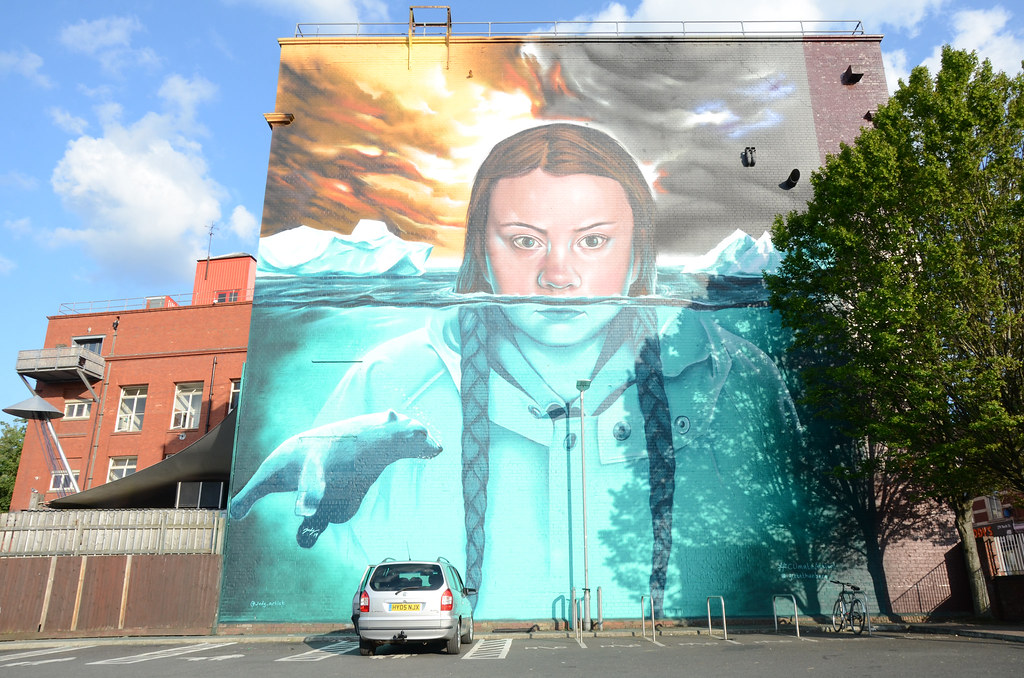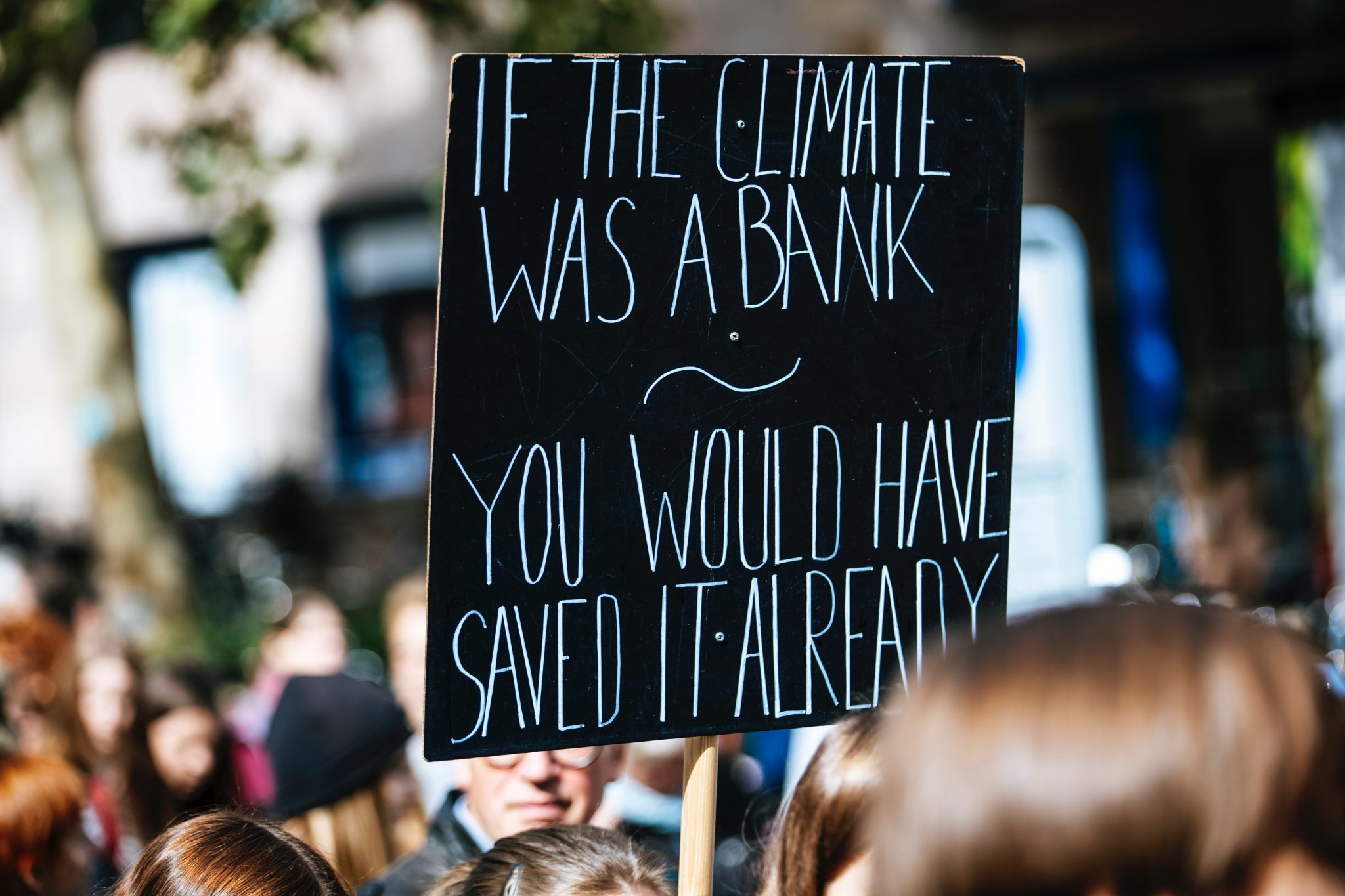Promoting the ‘value’ of development has been a standard approach for major projects for many years.
Statistics about investment, jobs and training opportunities are often used to generate headlines and online buzz. Sometimes this information is well presented.
After supporting projects for more than 15 years, I’ve seen how this can influence opinions towards a project. When set out using technical terms like ‘Gross Value Added per capita’, it misses the mark, however.
But I’m getting the sense that its impact is on the wane, in the face of rising scepticism and changing views around what ‘value’ is.
More than ‘pounds and pence’
Last month, North Somerset Council planning councillors rejected Bristol Airport’s planning application to expand capacity from 10m to 12m passengers a year, despite officer support.
More than 5,100 jobs, economic growth worth nearly £3bn and infrastructure and transport improvements featured in the airport’s promised list of benefits. It was a compelling case, which may have succeeded a couple of years ago under a different administration.
But today’s North Somerset councillors said climate change concerns outweighed the economic benefits a bigger airport would bring. They are not alone in questioning the value of proposed developments. Concern about climate change has accelerated thanks to Greta Thunberg and groups like Extinction Rebellion.
Those promoting development should put sustainability at the heart of their approach if they are to stand a chance of a decent hearing.
Greta comes to Bristol
As if to underline the point, around 20,000 people joined a recent climate strike in Bristol, attended by Greta Thunberg herself. The protest on College Green is very near Social’s office, making it easy for my team to pop out to see her.
Greta’s statements in cities around the world are now well known: we all need to take responsibility for the climate. And if those organisations who could make a difference don’t act, public action will follow.

With North Somerset Council one of more than 200 local authorities to declare a climate emergency, this does not feel like a fad. It is changing how people see value and taps into the essence of where they chose to live and who they work for. Talking about GVA, with some ‘mitigation’ thrown in for good measure, won’t cut it any more.
If you’re working for developers, housing providers, local and national government, you’ll need to rethink the concept of value when it comes your project.
Social value at the heart of place-making
I’ve worked on some amazing regeneration projects in Bristol and across the South West recently, helping them to better explain how they can make a positive difference to the communities in which they are based. It’s a fast-moving, fascinating area of work.
The same words keep coming up to describe these projects: inclusive, healthy, active, collaborative, sustainable, connected. These words all point to different qualities. And it’s essential to identify ways to demonstrate these attributes, to help people believe them.
But one thing that should strike us about them is that they don’t relate to ‘value’ in an economic sense. They reflect the human, memorable things that attract people to an area. They point to ambition and hope that’s harder to define than ‘a mutli-million pound regeneration project’. But it can be much more impactful when it’s achieved.
Ultimately, that’s what good story-telling is all about and I’m really excited to have the opportunity to do that.
Telling your story better
If you’re involved in a major project and want to get to grips with this, congratulations! You’ve already seen the value (ahem!) in thinking about your work differently.
As a next step, try looking beyond GVA at the insights you have at your disposal and see how these can tell your story. Data on carbon savings, insights from community engagement, stats around jobs and training for local people and volunteer hours could all feature here.
And if you know who’s benefiting and what they think, these can be become case studies that illustrate that value of your work more powerfully than numbers on a spreadsheet.
Over time, we could even see a shift from GVA as a public-facing metric to something much more engaging. What’s not to like about that?
If you’re grappling with this issue and would like a chat about it, I’d love to chat to you about it. Feel free to drop me a line.
This post first appeared on Ben’s personal blog.
Header photo by Markus Spiske on Unsplash


